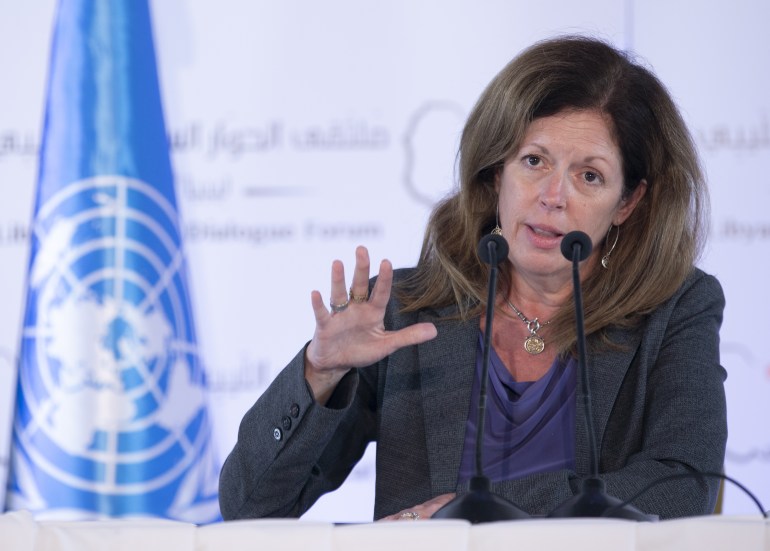The head of the Libyan National Unity Government, Abdel Hamid al-Dabaiba, said today, Tuesday, that the election laws are flawed and unfair, after the parliament’s decision to suspend the session to discuss the elections and form a new government until next week.
Dabaiba called for the establishment of elections according to a true constitution that expresses all Libyans, indicating that the Libyan people should have a referendum on it.
According to the prime minister, it is the Libyan people who approve the draft constitution and the date of the elections.
The presidential elections were supposed to be held on December 24, according to the plan sponsored by the United Nations, but the Electoral Commission announced last Wednesday that it could not be held and suggested postponing it to January 24.
Comment and discussion
Earlier today, the Libyan parliament suspended - until next week - the session to discuss the elections and the formation of a new government.
During a session of the Council today, the Road Map Committee said that it is communicating with all Libyan parties to expand the base of participation, to reach presidential and parliamentary elections.
For his part, the spokesman for the Presidency of the Council, Abdullah Blihaq, said that the Presidency of the Council discussed with the parliamentary committee charged with drawing up a roadmap for the post-December 24th phase.
And yesterday, Monday, the House of Representatives suggested - during its session - the necessity of postponing the presidential elections for a period of 6 months, and launching an expanded dialogue between the various parties in the country.
Williams: Most Libyans want an end to this endless transition period (Anatolia)
main attention
Yesterday, Stephanie Williams, Special Adviser to the Secretary-General of the United Nations on Libya, said that the main concern after the postponement of the elections that were scheduled in Libya last week should focus on how to proceed with holding the elections and not on the fate of the interim government.
Williams told Reuters in an interview that most Libyans wanted an end to "this endless period of transition."
Asked if she thought the National Unity Government's mandate still stood, Williams said it was up to Parliament, but "the main focus should be on holding the elections."
She added that any changes to the government must take place in accordance with the rules established by previous political agreements that have gained international recognition, but she stated that any elections must be conducted according to equal standards in which no candidate has the advantage of holding an official position, in reference to Dabaiba.
"Everyone has to take a step back for a while," she said.
A roadmap approved by the Libyan Political Dialogue Forum last year called for holding parliamentary and presidential elections simultaneously.
Williams was then the acting UN envoy.
And the roadmap of the forum - which is composed of 75 delegates chosen by the United Nations from various Libyan factions and forces - gave the right to take some measures if the existing political entities in Libya obstruct the political process.

